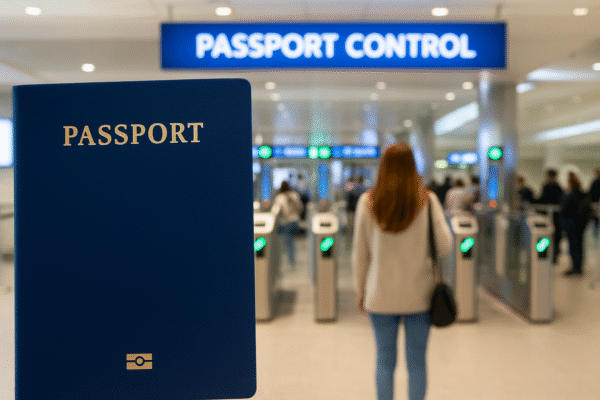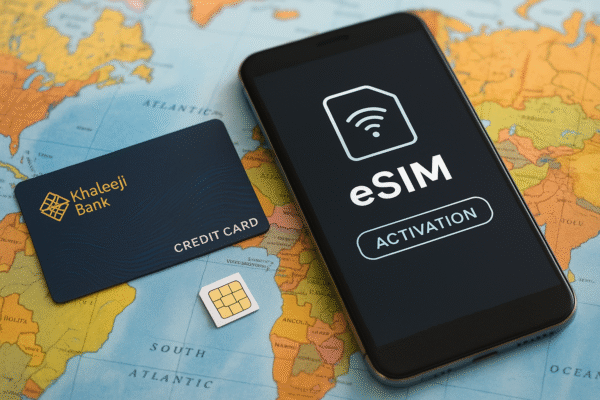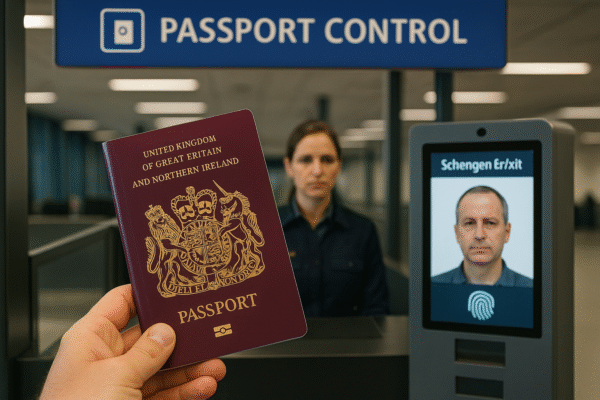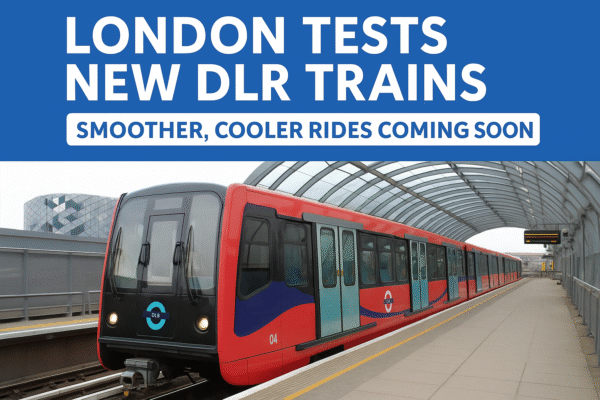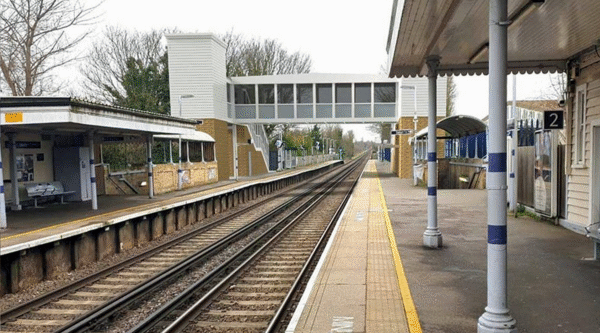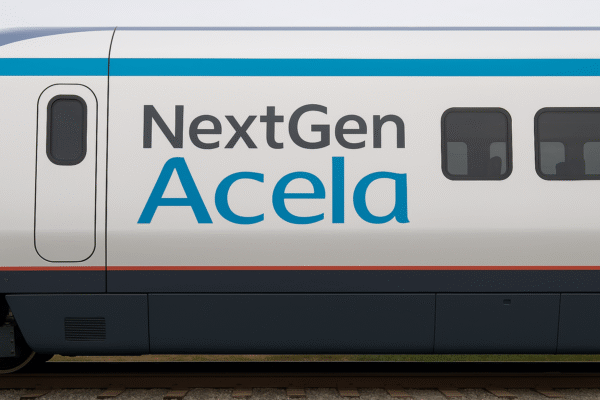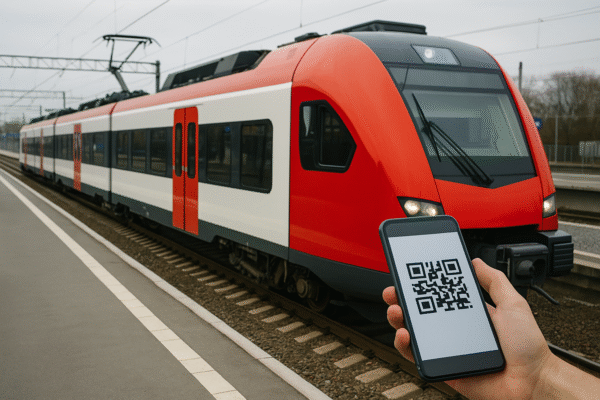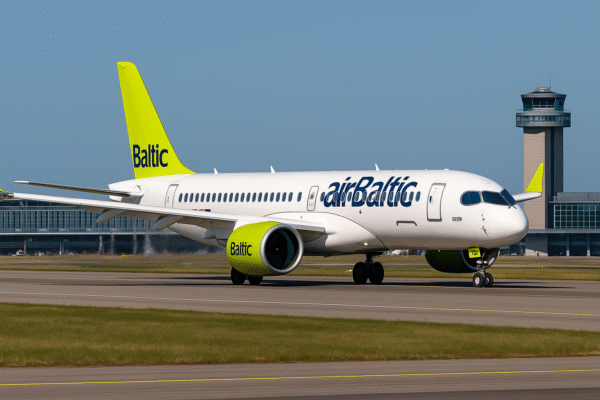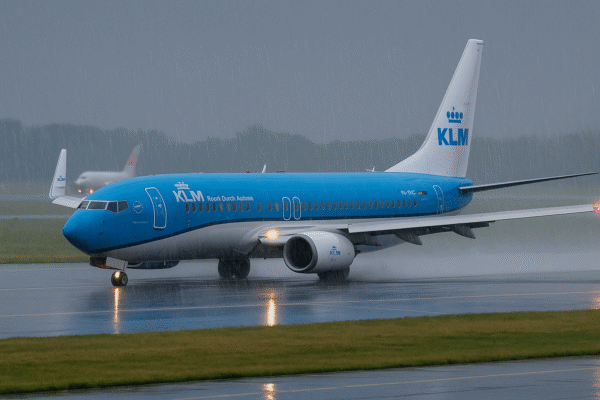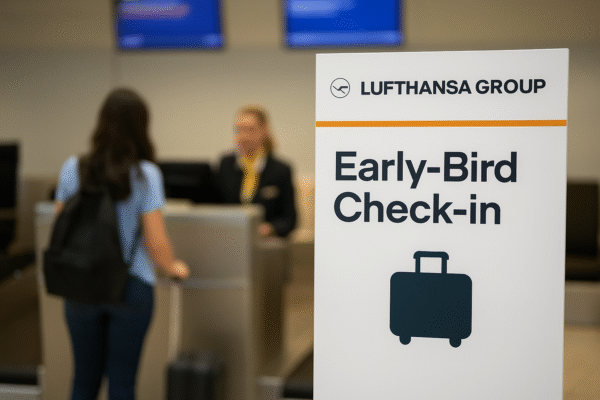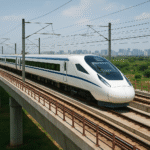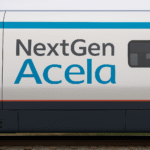England is stepping into the future of rail travel with a groundbreaking ticketless pay-as-you-go system, launched in September 2025 across the East Midlands. Covering key routes between Leicester, Derby, and Nottingham, the trial marks a significant move toward simpler, more visitor-friendly rail services—ideal for both locals and tourists.
How the New System Works
Rather than purchasing traditional paper tickets, travelers simply download an app that tracks their journey using GPS technology. At the end of the day, the system calculates the lowest possible fare based on actual travel—instantly verifying if a standard or season pass would have been cheaper. Users receive a barcode for inspection or station barrier access, ensuring smooth, ticket-free boarding.
This innovation removes ticket confusion and enhances flexibility—perfect for spontaneous leisure travelers exploring multiple cities. It’s also tailored for commuters who benefit from fair pricing tied directly to travel behavior.
Why It Matters
The new system represents a leap forward in simplifying rail travel. The government’s investment demonstrates its commitment to modernizing national rail infrastructure and improving passenger convenience. With crowded platforms and confusing fare structures often complicating travel, the app-based model offers a user-friendly solution that benefits all travelers—especially those navigating the system for the first time, like tourists.
Moreover, if daily travel volume justifies it, the system can automatically suggest a season pass, providing cost savings without requiring upfront purchase—bringing a refreshing flexibility for professional travelers and holidaymakers alike.
Pilot Details and Future Expansion
The pilot will involve 1,000 participants in the East Midlands, offering a real-world test bed to understand user behavior and system reliability. If the results are promising, the trial will expand metropolitan rail services in Northern England, covering cities like Leeds, Sheffield, and Doncaster.
Similar ticketless systems are already active in Scotland and parts of Europe, offering encouraging examples of how GPS-based fare collection can revolutionize regional rail.
What Travelers Should Know
- Ease of Use: Just download and activate the rail app—no trainside ticket purchases necessary.
- Fair Fares: Only pay for the exact travel distance; the app ensures you’re never overcharged.
- Convenience in Transit: No need to buy or scan paper tickets; simply pass through platforms using your barcode.
- Best Value Alerts: Travelers will be informed if a daily or weekly pass would save them money based on usage.
- Trial Timeline: The East Midlands pilot runs for four months, with Northern England set to follow.
Balancing Innovation with Basic Quality
While many travelers welcome the simplicity, some voices stress the need for basic improvements—such as cleaner carriages, reliable air conditioning, and better seating—before adding digital upgrades. For families, ticketless systems raise questions: how do parents traveling with young children manage group payments, or accommodate seniors without smartphones? These real-world considerations are precisely what the trial aims to explore.
Transport watchdogs, however, see the shift as long overdue. Modernizing rail with digital tools promises not only better fares, but also helps attract more riders—reducing road congestion and supporting greener, more efficient travel.
Wider Impact on UK Rail Travel
The pilot forms part of a broader wave of rail modernization—aiming to phase out complex ticketing, reduce fare opacity, and build more intuitive systems aligned with today’s travelers. As smart solutions grow, everyday travel could become easier for visitors unfamiliar with fare structures and for regular commuters mindful of value.
Ultimately, successful roll-out across England could signal the end of paper fare confusion, making travel as simple as tapping a barcode and stepping on—anywhere, anytime.
In Summary
England’s introduction of ticketless pay-as-you-go rail travel in the East Midlands marks a significant shift toward modern, fare-transparent systems. With GPS-based tracking, flexible fare calculations, and pilot plans in London’s neighboring regions, the trial reflects a bold vision for the future of rail travel.


